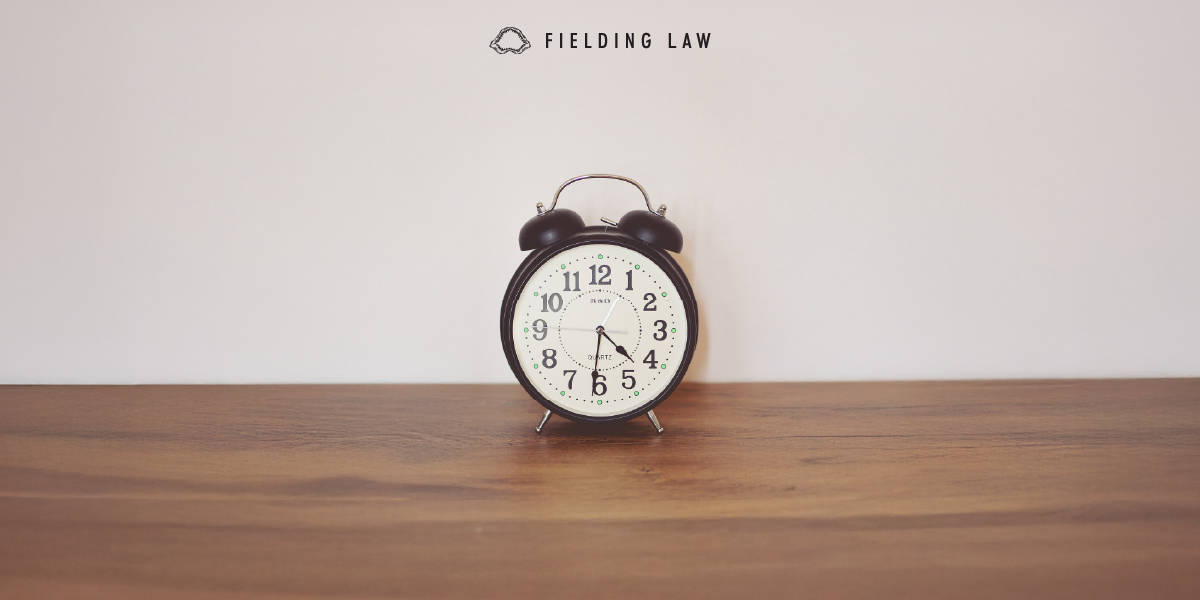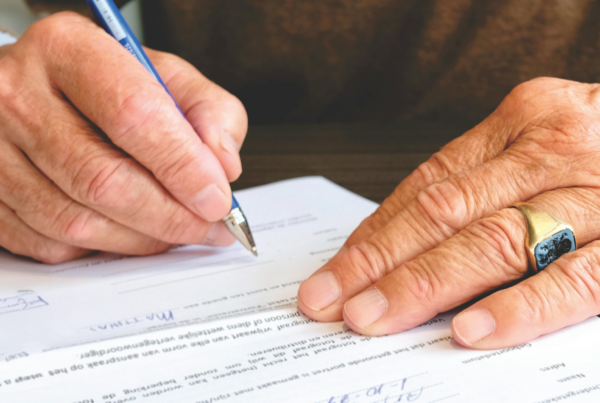Spring Forward: What is Daylight Saving Time?
Daylight Saving Time (DST) begins on Sunday, March 9, and it marks the “spring forward” shift in which we set our clocks one hour ahead. This change is meant to maximize daylight during the longer spring and summer days. By shifting the time, we gain an extra hour of daylight in the evening, which allows for more outdoor activities after work or school. Originally introduced to conserve energy, today DST helps us make the most of longer days.
How to Prepare for the Time Change
Adjusting to the time change can sometimes feel like a challenge, especially if you are not a morning person or struggle with sleep. While it may seem like just an hour, the shift can affect your sleep patterns, energy levels, and overall well-being. Here are some tips for preparing and adjusting smoothly:
-
Adjust Your Sleep Schedule Gradually
One of the best ways to prepare for the time change is to adjust your sleep schedule gradually. Starting a few days before DST begins, go to bed 15 minutes earlier each night. This will help your body slowly adjust to the new time, making the change easier when Sunday morning arrives. -
Get Plenty of Morning Sun
The key to resetting your internal clock is sunlight. The morning sun helps signal to your body that it is time to wake up, while also giving you a burst of natural energy. After the time change, try to spend at least 10-15 minutes outside in the sunlight as soon as you wake up. This can help you adjust more quickly and improve your mood and alertness throughout the day. -
Avoid Stimulants in the Evening
Caffeine, nicotine, and heavy meals late in the day can disrupt your sleep and make it more difficult to fall asleep. To make the transition to DST easier, avoid drinking coffee or tea after 2:00 PM, and try to have lighter meals in the evening. Creating a relaxing bedtime routine can also help you fall asleep more easily and get a restful night’s sleep. -
Take Naps If Needed
If you feel particularly groggy or tired in the days after the time change, taking short naps (20-30 minutes) can help recharge your energy. However, avoid napping too late in the day, as this can interfere with your ability to sleep that night.
Stay Safe During Daylight Saving Time
While the shift to longer days is a welcome change, it does bring some risks. Studies have shown that accidents—especially car crashes—are more common around the time of the time change. Sleep deprivation, combined with changes in lighting conditions, can make people more prone to accidents. Drivers may be disoriented by the new light levels, while pedestrians may not adjust their behavior to the longer daylight hours.
Here are a few things to keep in mind as you transition into DST:
-
Be Extra Cautious on the Roads
If you are driving, make sure you are well-rested. Sleep deprivation can impair your reaction time and alertness. Additionally, the shift in daylight hours means you might be driving in conditions that feel unfamiliar. For example, early morning light might feel darker than usual, and evening sunlight may be blinding. Always keep your headlights on when visibility is low, and be especially cautious at dawn and dusk. -
Watch for Pedestrians
As the days grow longer, more people may be out walking or running during the evening hours. Drivers should be on the lookout for pedestrians crossing streets, especially in areas where there may be reduced visibility. Pedestrians should also take extra care when crossing streets, as changes in light levels could affect their ability to see oncoming traffic.
Impact on Personal Injury Cases
If you are involved in an accident during or after the time change, you may face additional challenges due to the sleep disruptions and changes in road conditions. For example, if you are injured in a car accident or pedestrian accident shortly after the time change, the driver’s or your own lack of attention due to sleep deprivation could be a contributing factor. It is important to seek legal advice if you have been injured to ensure you understand your rights and options moving forward.
At Fielding Law, we are here to help you through any personal injury case, whether it is a car accident, slip and fall, or any other injury caused by negligence. We understand that accidents can happen when people are adjusting to the time change, and we are committed to ensuring you receive the compensation you deserve for your injuries.
Why Hire Fielding Law?
At Fielding Law, our experienced attorneys are dedicated to helping individuals who have been injured due to the negligence of others. We understand how stressful and overwhelming it can be to deal with an injury, especially if it happens during a transition like Daylight Saving Time. Our team is here to provide you with compassionate, professional legal support throughout your case, and we will work tirelessly to secure the best possible outcome for you.
If you have been injured during or around the time of the time change, contact Fielding Law for a free consultation at 833.88.SHARK. Let us help you navigate the legal process and get the compensation you deserve.
Note: Information provided is for educational purposes and does not constitute legal advice. Always consult with a qualified attorney for legal concerns.






